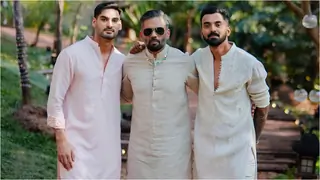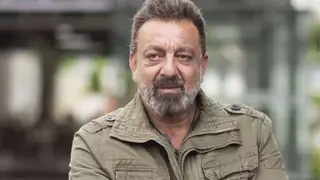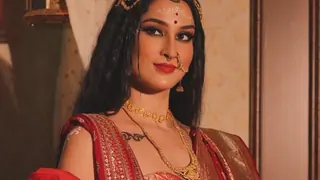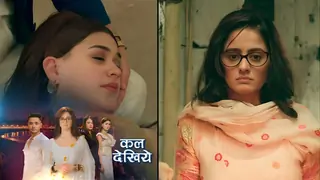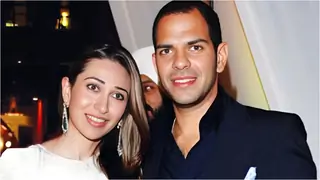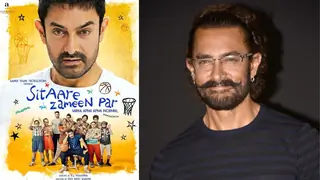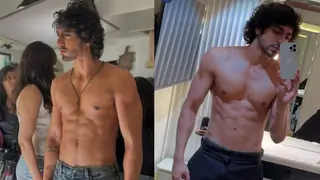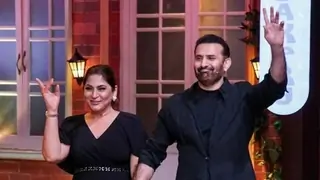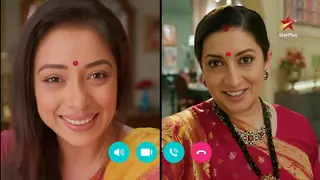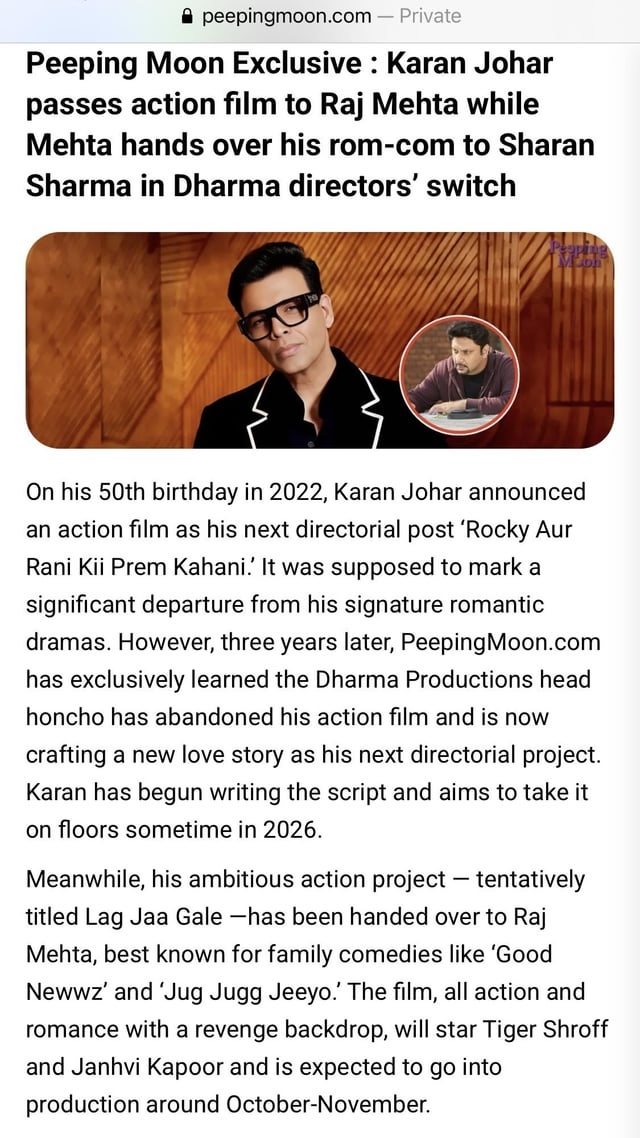"The idea is to make a shift in the audience habits. India is changing socio-economically — people across India are exposed to international content, which in turn changes their expectations from local channels. The time is right to pitch original content like this for a young demographic," says Nachiket Pantvaidya, general manager, Star Plus.
A tele-series such as this isn't the first attempt in Hindi general entertainment — Zee attempted a similar series a decade ago. But Star Plus' decision perhaps stems from the changing trend in Indian programming across channels with a focus on tapping young Indian audiences. Recently, Channel V, which originally focussed on music, became a general entertainment channel for the youth. MTV too, has been airing a fiction series, titled Rush. The setting for most shows on Sony Entertainment Television, too, is urban and aspirational. A channel that has mostly relied on kitchen politics as the theme for its several endless sagas until now, Star Plus perhaps attempts to change that perception. And a show set in the urban mould with a limited life span might do the trick. "The idea is to push boundaries in all possible ways, especially since the definition of prime time is evolving — we recently saw Satyamev Jayate revive the Sunday morning slot. With Teri Meri Love Stories, we are consciously entering the weekend prime time slot, which conventionally belongs to Bollywood films," adds Pantvaidya.
Producer Rajan Shahi of Director's Kut who has produced the first episode of Teri Meri Love Stories, adds that the characters may be urban but will be identifiable across demographics. "For example, the first episode boasts of grandeur and fun, but it never goes over the top and remains organic throughout," he says, adding that none of the stories require a suspension of belief. "The problems that the female protagonist faces in the show are similar to those of any youngster," he says.
The fresh format has also offered a boost to the creative team that otherwise has to operate within the norms of daily soaps. "In dailies, the story progresses gradually and the focus sometimes shifts to subplots, which can be creatively bothersome. The telefilm format allows the story and characters' graph a straight flow, which is satisfying," says director Arvind Babbal, who has directed one of the episodes. Actor Dolly Ahluwalia, who played Ayushmann Khurrana's mother in Vicky Donor, seconds Babbal. "I play a charming, friendly gen-next grandmother in one of the episodes — a character far removed from the offers I have received in the past from television producers," says Ahluwalia.
The fact that different production houses have been brought on board for each episode also ensures that the quality does not suffer. "The scale made me feel like I was shooting for a movie," says actor Gautam Rhode, the protagonist in the first telefilm. Babbal adds that the films have predominantly been shot with digital camera to achieve the "different" look. l

























